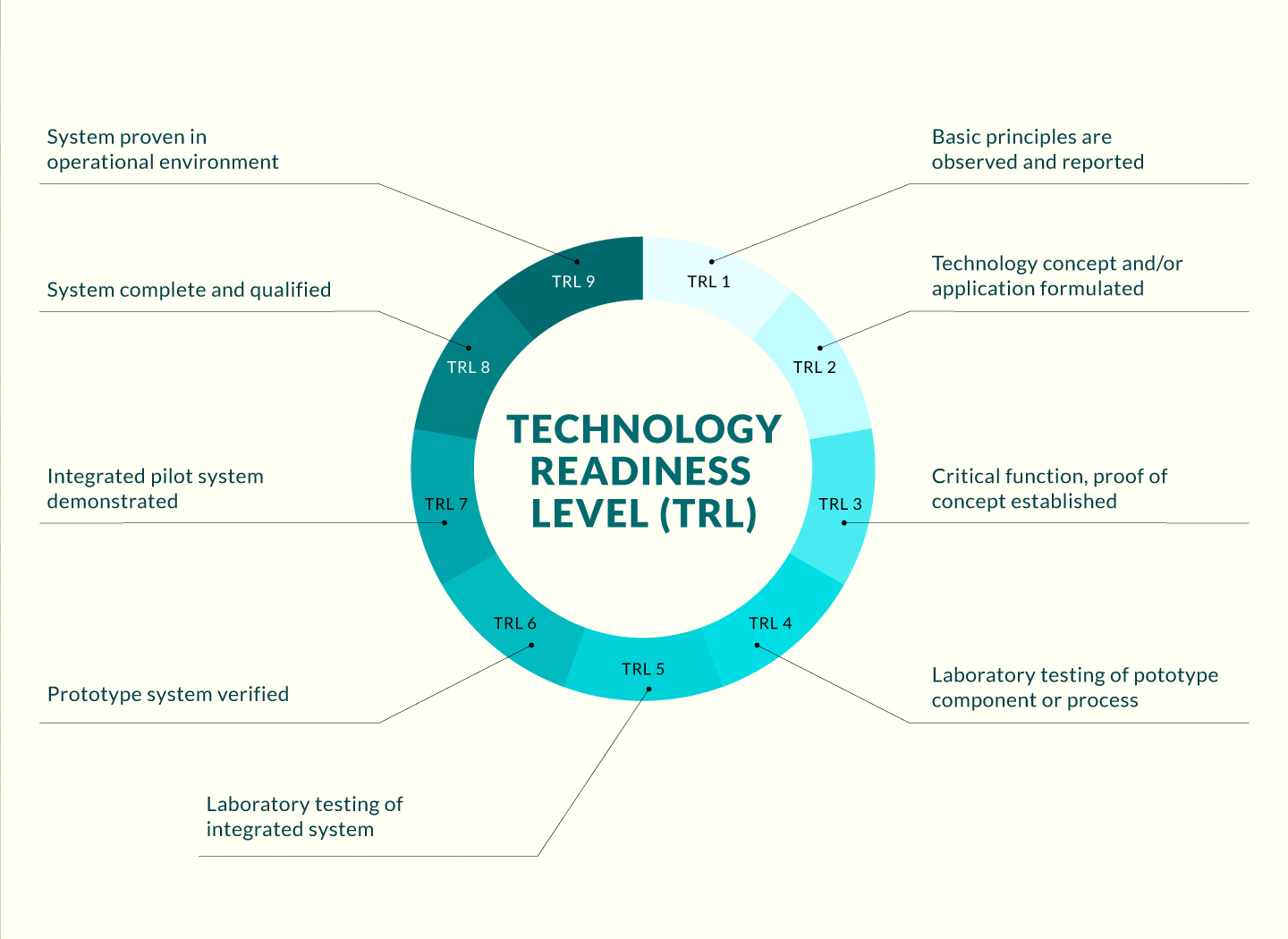
Opportunity
Current agricultural practices heavily rely on nitrogen fertilizer. Yet, traditional methods of nitrogen fertilizer production, such as the energy-intensive Haber-Bosch process, often rely on non-renewable resources and contribute to greenhouse gas emissions. Utilizing nitrate-containing wastewater as a feedstock for decentralized ammonia production can reduce the dependence on these resource-intensive and environmentally impactful processes. Extracting nitrogen nutrients from nitrate-containing wastewater also mitigates environmental impacts such as eutrophication and protecting aquatic ecosystems. To this end, electrocatalytically producing ammonia from nitrate-containing wastewater is a promising pathway for renewable ammonia production, but simultaneously facilitates the denitrification of wastewater and balances the perturbed nitrogen cycle.
Technology
This invention aims to efficiently and precisely generate nitrogen nutrients by electrifying nitrate-containing wastewater streams to support sustainable agriculture and develop the circular economy. Specifically, an intelligent electrocatalytic system, coupled with suspension freeze concentration technology, is employed to monitor and recycle liquid nitrogen fertilizer from nitrate-rich wastewater directly. The sustainable recycling system, equipped with automation programs, achieves unattended operation during the electrochemical synthesis process and offers precise control over the ammonium and nitrate ratios in fertilizers. This targeted synthesis of nitrogen-containing fertilizers enhances energy efficiency and economic benefits in practical industrial production. Moreover, the combined suspension freeze concentration technology achieves high-concentration liquid fertilizer for agriculture applications, demonstrating the feasibility of converting NO3−-containing wastewater to useful ammonia products. This ‘waste-to-treasure’ invention is a significant and multi-faceted solution that addresses environmental concerns, supports sustainable agriculture, and contributes to technologically advanced industrial production.
Advantages
- Smart control of the electrochemical system
- Effective recycling techniques for fertilizer production
- The combined suspension freeze concentration technology
- An in-operando electrochemically synthesized efficient heterostructure electrocatalyst
Applications
- Sustainable nitrogen fertilizer recycling
- Nitrate-rich containing wastewater treatment
2. 4th Asia Exhibition of Innovations & Inventions Hong Kong (AEII) (2024) - Gold Award




